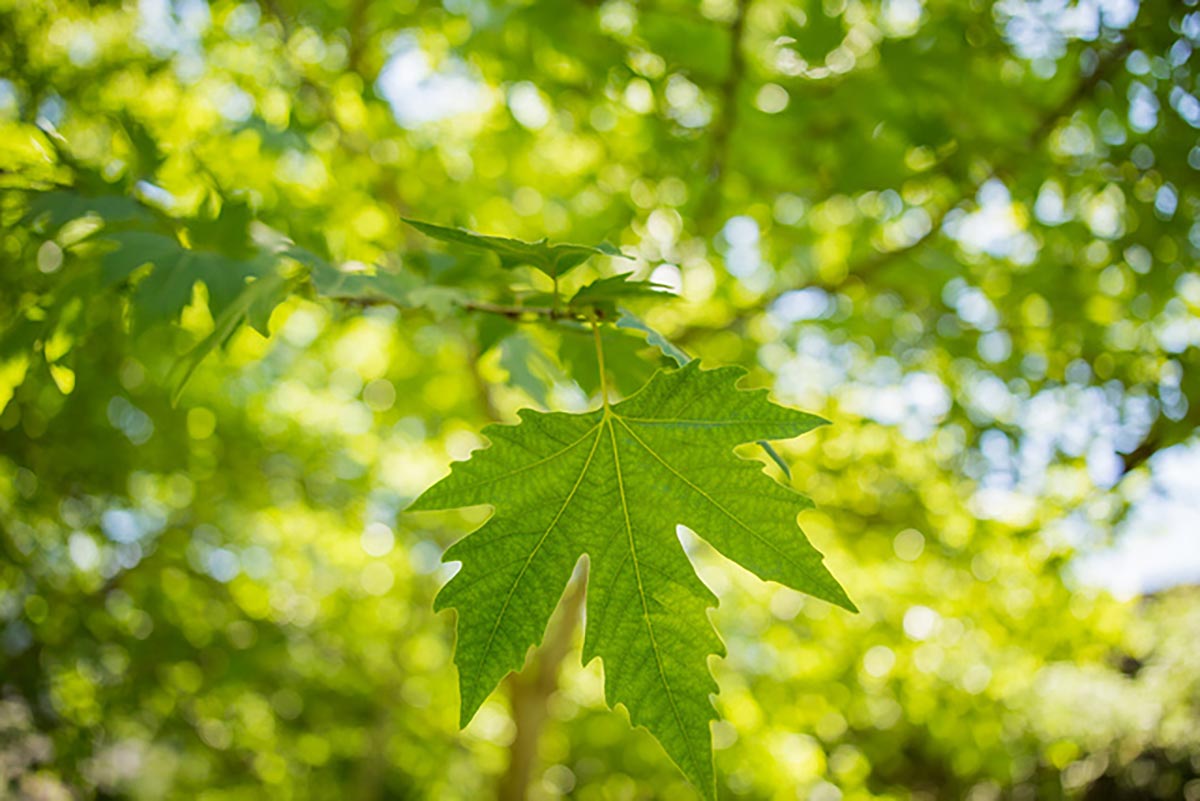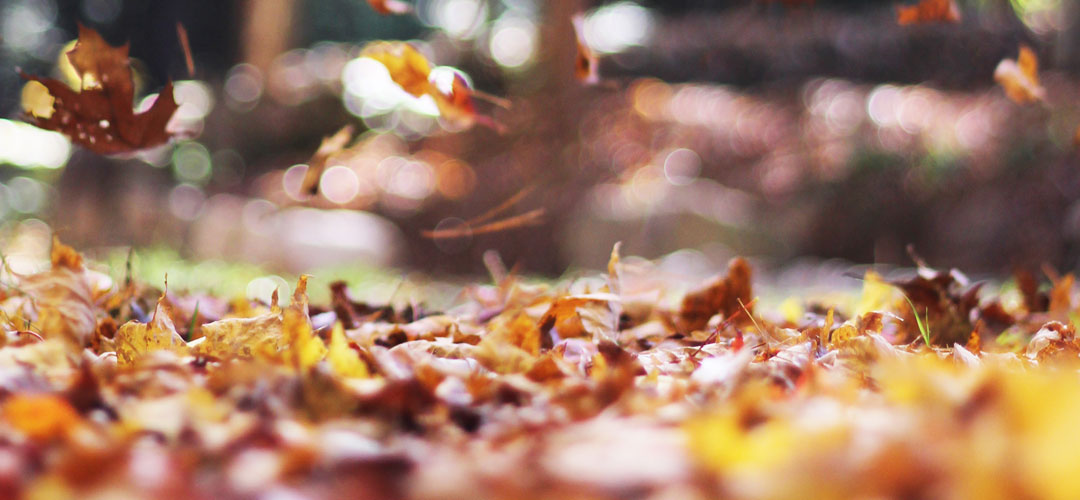The Cycle of Life and how microbes help This World Earth Day, werre thinking about the cycle of life. The cycle of life starts at birth - the presence of new life - and travels through periods of growth until death. It is present in many different ways physically and metaphysically, in plants, humans, animals and our consumer world.
The cycle is closed when the process of death happens in such a way that minerals and nutrients can be absorbed into creating new life again. As humans, we are very good at creating things; at making new life. We make products and chemicals, we invent plastics and burn fuel. However, we have been less successful at closing the cycle of life so that the waste created by our activities can be used to regenerate life or create something new. Hence the build-up of pollution and waste in our environments.
Plastic pollution is poisoning our oceans and land, injuring marine life, and affecting our health. But microbes can help. Ricard Sole, a Spanish scientist, has discovered that microbes in our oceans may have evolved to break down plastics. And international scientists are working with a microbe called Ideonella sakaiensis which produces an enzyme which is capable of degrading the polyethylene terephthalate used to make one million soft drink bottles sold every minute.
Microbes love to munch on dirt and grease, but they don't just digest and absorb nature's waste, they recycle it. Any natural environment is a cycle of life and death and microbes are crucial at every step. They break down organic matter into the building blocks of life, making them available for rebirth and regrowth. Healthy ecosystems are diverse in microbes and naturally support the cycle of life. Check out our info-graphic here which gives you more information about the cycle of life and how beneficial microbes help to close it.
The body Microbes are crucial within the body as they absorb and deliver nutrients and boost immunity - 70 percent of our immune system lives in the gut and it consists of trillions of tiny microbes. They ensure the body gets what it needs from food and has a healthy digestive system. Microbes do the same for animals.
Breaking down food waste Beneficial microbes are experts at breaking down food and water waste. At waste treatment facilities, it is microbes that treat the waste. They convert it into the molecules that are normally found in nature: some solid, some liquid and some gasses.
Delivering nutrients to the soil One single teaspoon of soil contains 1 billion microbes. What we think of as soil is actually a rich web of interconnected microbes. The overuse of land has resulted in the depletion of topsoil which is rich in organic matter and supports the microbes to recycle nutrients. This leaves farmers and gardeners increasingly reliant on fertilisers and pesticides. Research shows that by adding beneficial microbes soil regeneration can be accelerated.
Growing healthy plants A soil that is rich in diverse microbes supports healthy plants. Microbes applied to plants also create a healthy environment in the roots and on the leaf surface. Plants are stronger, with improved germination, flowering and fruit growth, so that pests and pathogenic bacteria are repelled. Healthy plants feed healthy people, thereby closing the cycle of life.
We invite you to think about the ways that you live and how microbes can help you to look after your body, treat your waste and nourish your soils and plants. Smart balanced living is all about working with nature to close the cycle of life. Contact us if we can help. Good Luck!


